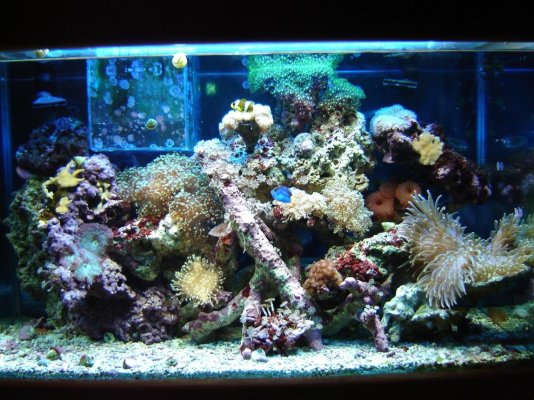I was at my lfs, which is run by very knowledgeable staff. We were discussing which tangs can go into what size aquariums. At one point they mentioned that fish typically do not get as large in an aquarium. For example, if you put a baby yellow tang (think of those captive bred 1” babies that come translucent) in a 100 gallon tank, it is unlikely to grow beyond 5 inches - far smaller than the wild caught adults which get to be 8”.
I researched this but couldn’t find much beyond anecdotes - especially around goldfish. Has anyone come across any studies on this, either way? Just curious.
I researched this but couldn’t find much beyond anecdotes - especially around goldfish. Has anyone come across any studies on this, either way? Just curious.



















